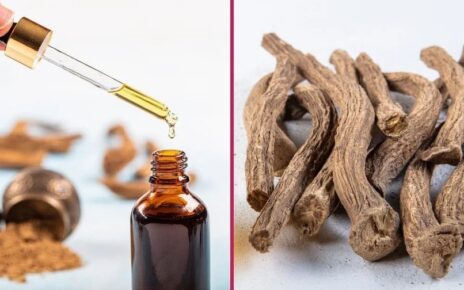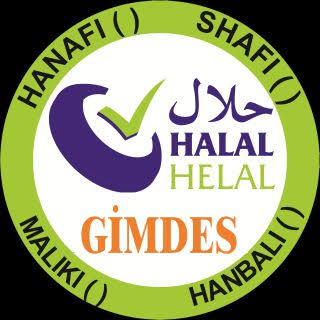Dr. Hüseyin Kâmi BÜYÜKÖZER
Halal extends to various aspects of life, with a strong connection to food and finance. Traditionally associated with eating and drinking practices and religious moral behavior, the concept of Halal has now crossed borders and gained momentum in global markets and industries. Today, Halal certification guarantees compliance with Islamic principles by promoting products and services that meet ethical, health and quality standards. The rapid growth of the Halal industry reflects its increasing global importance, appealing not only to Muslim consumers but also to those seeking healthy and clean products.
HISTORICAL RELATIONSHIP
Halal, which means “permissible” in Arabic, originates from Islamic law. It provides instructions on legal practices for Muslims. These instructions, based on the Qur’an al-Kareem and Hadith, were developed over a long period of 1,400 years and cover dietary laws, ethical finance and lifestyle choices. Traditionally, Halal practices have focused on dietary laws that emphasize the consumption of meat from animals slaughtered according to specific rituals. This process is called Zabiha. It ensures that animals are treated with compassion and includes mentioning the name of Allah (swt) during slaughter. Halal principles also include hygiene, ethical business practices, and adherence to Islamic moral values in general. Historically, these practices have been closely followed within Muslim communities, preserving cultural and religious integrity.
Islamic Finance Market Growth
The Islamic finance sector has grown significantly over the past decade. It has evolved from a business market to a mainstream part of the global financial system. According to the latest Islamic Finance Development Report 2023, the sector’s total assets have grown from approximately $2 trillion in 2013 to an estimated $4.8 trillion in 2023. This represents an annual growth rate of approximately 10-12% over the past decade. The sector is expected to grow, with estimates suggesting that assets could reach $6.7 trillion by 2027. This growth is predicted by increasing adoption in Muslim-majority countries and interest from non-Muslim countries seeking ethical investment options. The sector has shown resilience during economic downturns such as the 2008 financial crisis and the COVID-19 pandemic.
In Halal Lifestyle: Fashion and Clothing
According to a report published in 2022: Modest Fashion – The Global Islamic Economy Gateway, global Muslim spending on fashion and clothing increased by 5.7% to $295 billion in 2021. It is expected to increase further to $313 billion in 2022, with a projected CAGR (Compound Annual Growth Rate) of 6.1% in four years to reach $375 billion by 2025. The three largest markets for Muslim consumer spending on clothing and footwear are Iran, Türkiye and Pakistan, followed closely by Saudi Arabia. The rise of halal fashion and modest clothing has been marked by a growing market for clothing that adheres to the principles of Islamic modesty, albeit with occasional deviations from Islamic etiquette. This includes a variety of stylish yet modest options for women, such as hijabs, abayas and long dresses. Major fashion brands and dedicated Halal fashion lines are expanding to meet the demand, reflecting a significant trend in both Muslim-majority and non-Muslim countries.
Travel and Tourism
The global Halal tourism market has seen a significant increase in popularity, with increasing demand for travel experiences that cater to the needs of Muslim travelers. The market is expected to reach $341.4 billion by 2030, with a steady growth rate of approximately 5% from 2022 to 2030. Halal-friendly travel options are increasingly available, with hotels and destinations offering services geared toward Muslim travelers. These include Halal food options, places of worship and gender-segregated amenities. Popular Halal tourism destinations include Malaysia, Türkiye and the UAE, which are all improving their services to attract this growing segment of travelers.
Healthcare and Medicines
The Halal healthcare and medicines market was valued at $445.9 million in 2022. It is expected to grow to $1,307 million by 2031. It is growing at a 12.7% annual growth rate from 2022 to 2031. Halal-certified medicines and health products are gaining importance as Muslims seek to ensure that their medical needs are being met in accordance with Islamic law. This sector includes medicines, cosmetics, and personal care products that are free from prohibited ingredients such as alcohol and some animal derivatives. The market is growing rapidly, driven by the growing Muslim population, increased awareness of environmental and health risks, demand for ethical and religious compliance, and improving economic conditions in Islamic countries.





